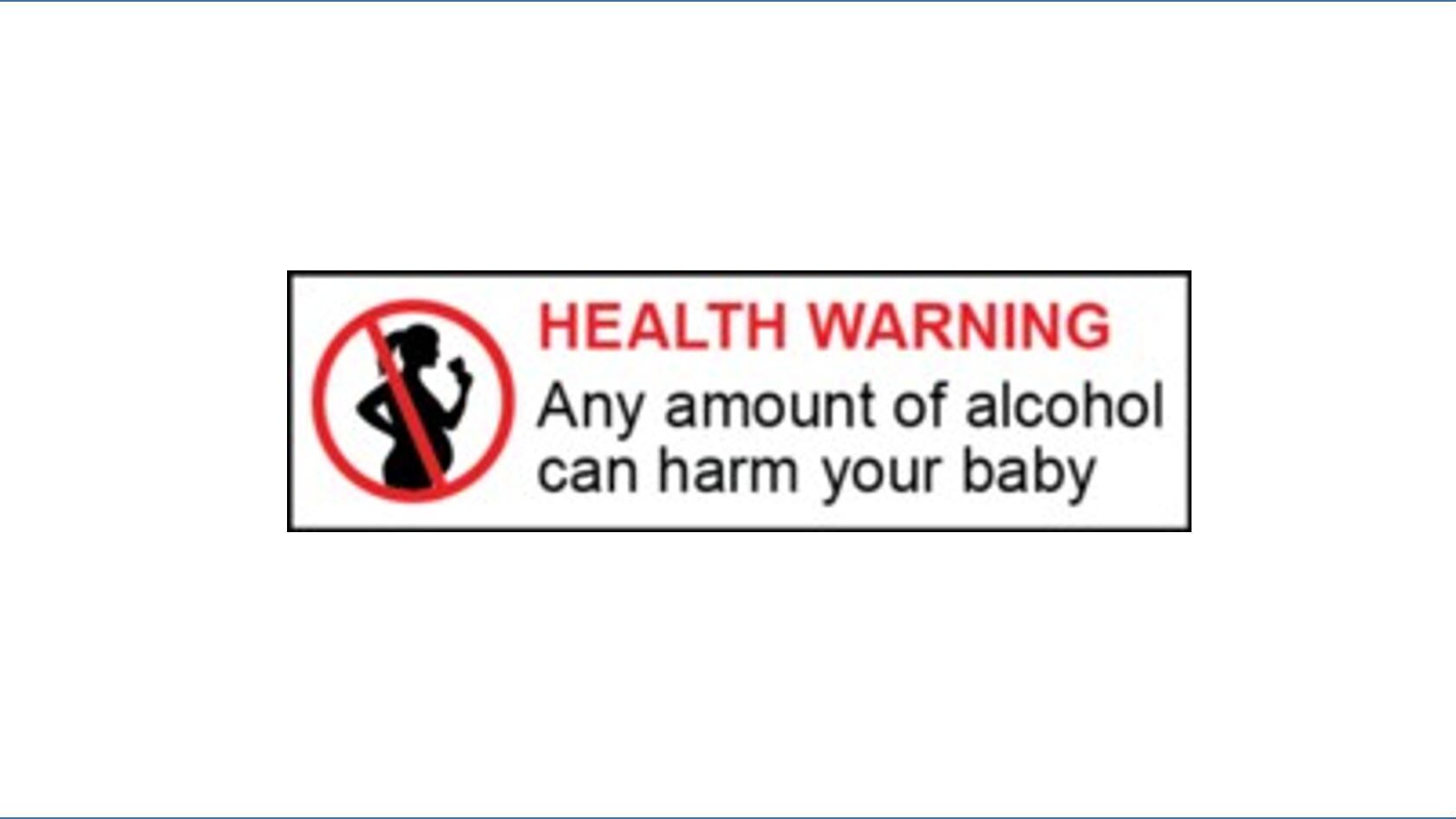The findings have come as a surprise to scientists, who until now had discounted much of the father’s lifestyle prior to conception.
Previous studies investigating the link between alcohol and congenital heart disease have focused on prospective mothers, with inconclusive results.
This is the first meta-analysis to examine the role of paternal alcohol drinking. More research is now needed, especially surrounding a father's wider health.
Both aspiring parents should avoid drinking alcohol prior to conception to protect against congenital heart defects, according the study, which was published in the European Journal of Preventive Cardiology.
Drinking alcohol three months before pregnancy or during the first trimester was associated with a 44% raised risk of congenital heart disease from fathers and 16% from mothers, compared to not drinking, it found.
Binge drinking in fathers, defined as five or more drinks on the hop, increased this likelihood 52% fathers, while the number remained static in mothers.
“Binge drinking by would-be parents is a high-risk and dangerous behaviour that not only may increase the chance of their baby being born with a heart defect, but also greatly damages their own health,” said author Dr Qin Jiabi, of the Xiangya School of Public Health.
Dr Qin said the results suggest that when couples are trying for a baby, men should stop drinking alcohol at least six months before fertilisation, while women should cut it out one year before and avoid it while pregnant.
Congenital heart diseases are the most common birth defects, with approximately 1.35m babies affected every year around the world. These conditions can increase the likelihood of cardiovascular disease later life, even after surgical treatment, and are the main cause of perinatal death.
Alcohol is a known teratogen, or factor that causes the malformation of an embryo, and has been connected with foetal alcohol spectrum disorder. Around one in four children with the condition have congenital heart disease, indicating that alcohol might also be implicated in these disorders.
The researchers compiled data published between 1991 and 2019, which amounted to 55 studies including almost 42,000 babies with congenital heart disease and 300,000 without. The analysis showed a nonlinear relationship between parental alcohol drinking and congenital heart diseases.
“We observed a gradually rising risk as parental alcohol consumption increased. The relationship was not statistically significant at lower quantities,” Dr Qin said.
The authors have asserted that this is an observational study, saying it does not prove a causal effect, nor does it prove that paternal drinking is more harmful to the foetal heart than maternal drinking. The data cannot be used to define a cut-off of alcohol consumption that might be considered safe.
“The underlying mechanisms connecting parental alcohol and congenital heart diseases are uncertain and warrant further research,” said Dr Qin.
“Although our analysis has limitations—for example the type of alcohol was not recorded—it does indicate that men and women planning a family should give up alcohol.”
Source: European Journal of Preventative Cardiology
Authors: Qin Jiabi et al
“Parental alcohol consumption and the risk of congenital heart diseases in offspring: an updated systematic review and meta-analysis”
DOI: 10.1177/2047487319874530




